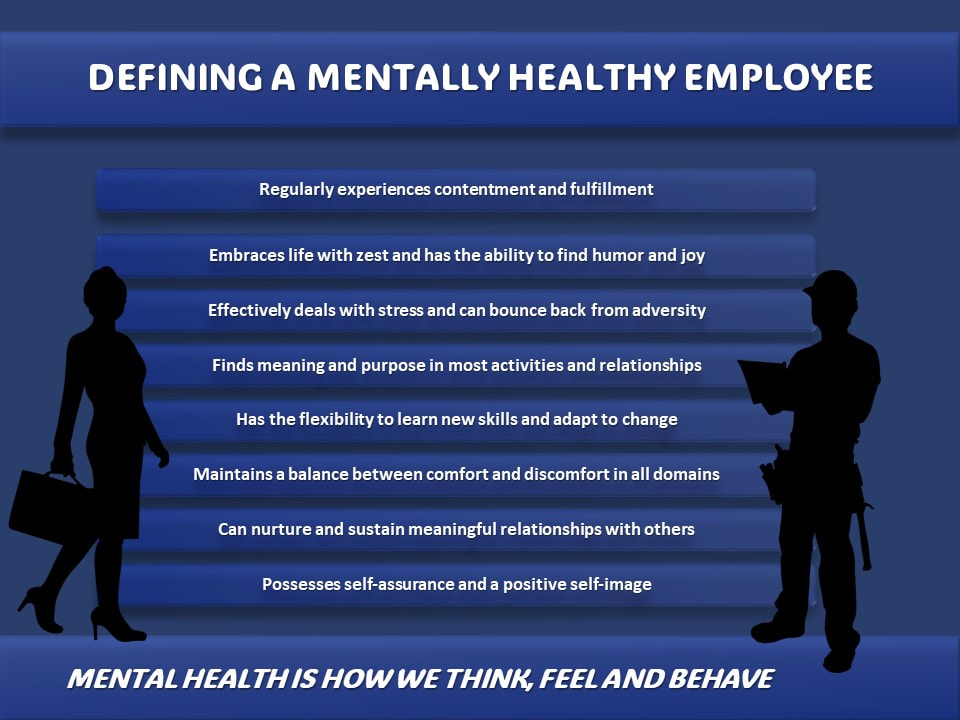PREVENTION IS MORE EFFECTIVE THAN INTERVENTIONIn the context of workplace mental health, prioritizing prevention over intervention is a strategic and cost-effective approach. Before implementing any preventative plan, developing clear goals is a must because without understanding what you are trying to achieve it is difficult to develop success metrics.
Workplace mental health should move beyond the conventional paradigm of benefit coverage supplying well-supported medical interventions delivered post-crisis or the questionable impact of generic wellness perks. Instead, the focus should shift towards targeted mental health support that helps employees become their best selves. Only when individuals are in their optimal state can they contribute their best to the organization. By defining a mentally healthy individual within the workplace, organizations set the stage for the implementation of effective preventative measures, such as stress management programs and mental health education initiatives. This emphasis on prevention not only alleviates the financial burden associated with reactive interventions but also cultivates a workplace culture that values well-being, fostering a more productive and engaged workforce. Ultimately, the journey toward optimal workplace mental health involves a shift from reactive measures to proactive strategies, ensuring employees are supported in becoming their best for the benefit of the organization.
0 Comments
|
AuthorI am an easy going, slightly disagreeable, usually funny but always understanding mental health expert. I will be very straight with you, without judgment. More importantly, I promise to care about you and the process. ArchivesCategories |


 RSS Feed
RSS Feed